Thinking Of Adopting A Kitten? Don’t Make These 10 Mistakes
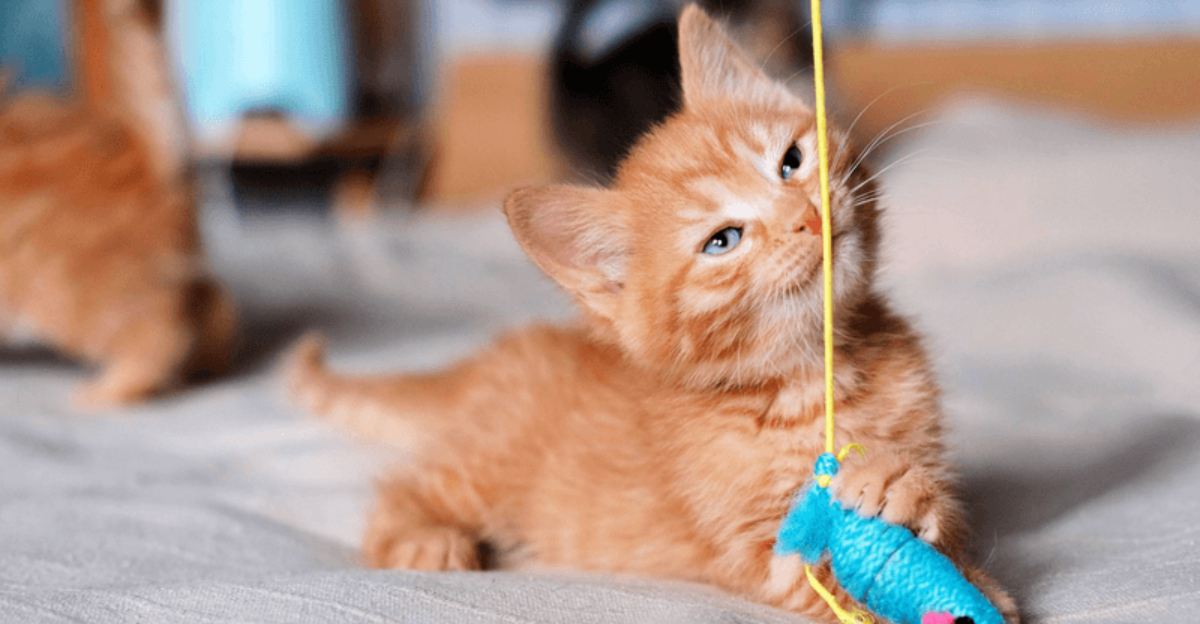
Adopting a kitten can be one of the most rewarding experiences, but it comes with its own set of challenges.
Before you bring a fluffy bundle of joy into your home, make sure you’re prepared by avoiding these common mistakes.
This guide will help you navigate the ups and downs of kitten parenthood, ensuring a happy home for you and your new feline friend.
1. Neglecting Initial Vet Visit
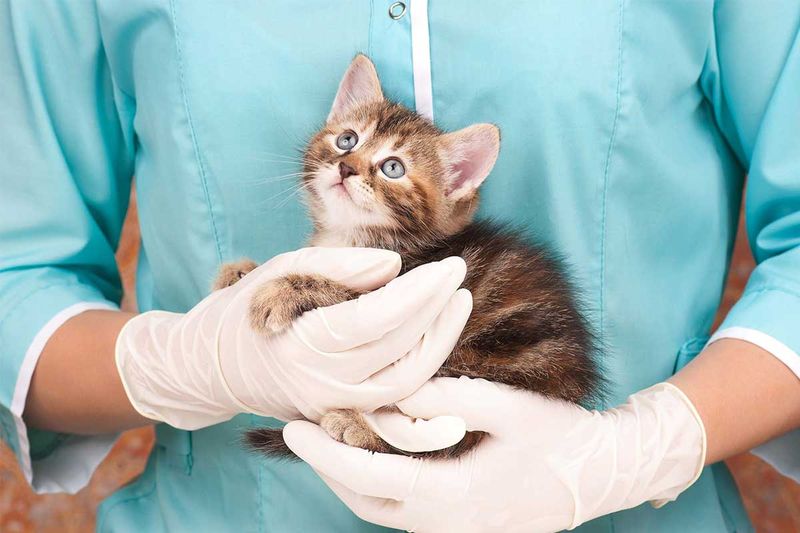
Skipping the first vet visit can be a grave mistake. It’s crucial to get your kitten checked to ensure they are healthy and free from diseases.
During this visit, the vet will administer necessary vaccinations and discuss a schedule for booster shots.
Another important aspect is deworming since kittens often arrive with parasites that need to be treated promptly. Discuss spaying or neutering options to control the pet population and prevent unwanted behavior.
Regular vet check-ups build a healthcare routine, helping your kitten grow up strong and healthy. Remember, early prevention is key to a long, happy life for your kitten.
2. Not Choosing The Right Food
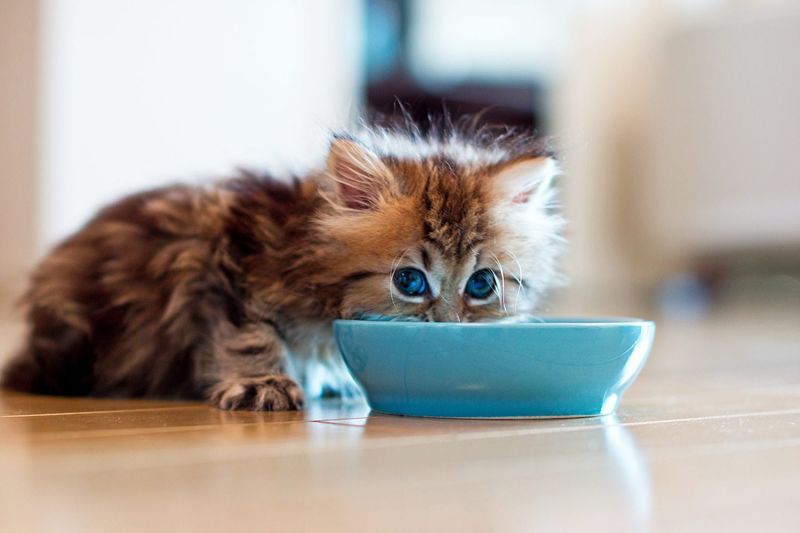
Feeding your kitten the wrong diet can lead to health issues. It’s vital to choose high-quality kitten food that is rich in protein and essential nutrients.
Cats are obligate carnivores, needing a diet that supports growth and energy. Many people mistakenly give kittens adult cat food, which lacks the nutrients a growing kitten requires.
Consult your vet for dietary recommendations tailored to your kitten’s age and health. Transition your kitten gradually into new foods to avoid digestive upset.
Feeding the right food sets the foundation for a healthy life, so choose wisely and prioritize your kitten’s nutritional needs.
3. Ignoring Socialization

Socialization is not just for puppies; kittens need it, too. Introducing them to a variety of people, environments, and other animals helps prevent behavioral issues.
Early socialization can reduce fear and anxiety, making them more comfortable in different situations. Create positive experiences by rewarding them with treats and affection.
Avoid overwhelming your kitten with too much at once. Gentle exposure to new experiences fosters confidence and adaptability.
Start slow, gradually increasing the complexity of interactions. A well-socialized kitten often grows into a well-adjusted adult cat, enjoying a richer and more engaging life.
4. Skipping Litter Box Training
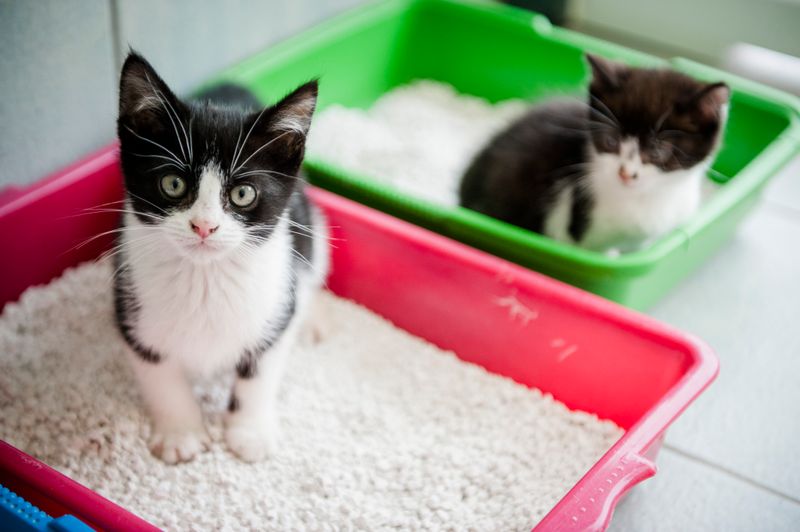
Litter box training is essential for a harmonious home. Begin by placing the litter box in a quiet, accessible location.
Show your kitten where it is and encourage them to use it after meals or naps. Consistency and patience are key. Keep the litter box clean to encourage regular use.
Choosing the right type of litter can also make a difference. Avoid using scented litters that may deter your kitten.
Praise your kitten when they use the box correctly. Proper training reduces accidents, ensuring a tidy home. Remember, patience and positive reinforcement work wonders.
5. Forgetting About Playtime
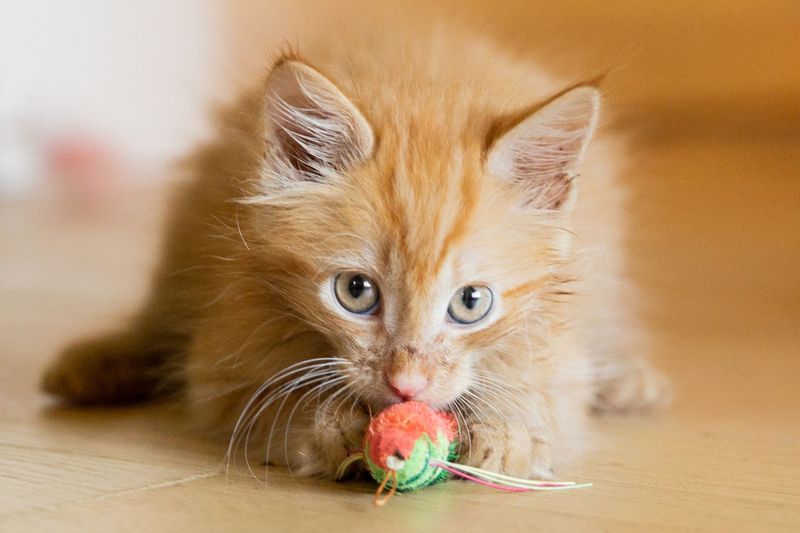
Kittens have boundless energy that needs to be channeled through play. Engaging in regular playtime strengthens your bond and keeps your kitten physically and mentally stimulated.
Interactive toys, such as feather wands or laser pointers, mimic hunting activities and are a great choice. Rotate toys to maintain interest and encourage varied play.
Lack of playtime can lead to obesity and behavioral problems. It’s a chance to teach your kitten appropriate play behaviors.
Set aside time each day for interactive play, ensuring your kitten remains active, healthy, and happy. Playtime is not just fun; it’s essential for development.
6. Overlooking Safety Hazards
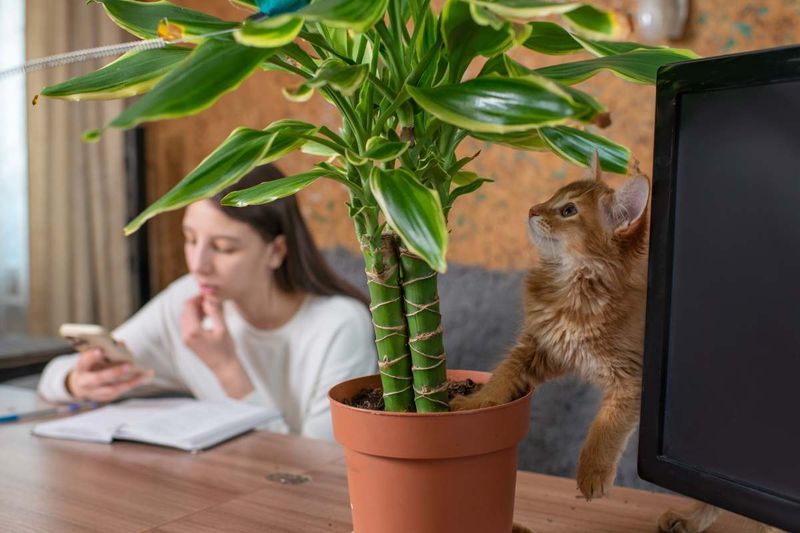
Kittens are naturally curious, and it’s easy for them to get into trouble.
Before bringing one home, thoroughly kitten-proof your space. Secure loose wires and remove small objects that can be swallowed.
Install screens on windows to prevent falls. Keep household chemicals and plants out of reach. Supervise your kitten during exploration to ensure safety.
Investing in safety precautions prevents accidents and injuries. Regularly check for new hazards as your kitten grows and becomes more adventurous.
Creating a safe environment allows them to explore confidently and enjoy their new home safely. Remember, prevention is key.
7. Not Providing Enough Stimulation
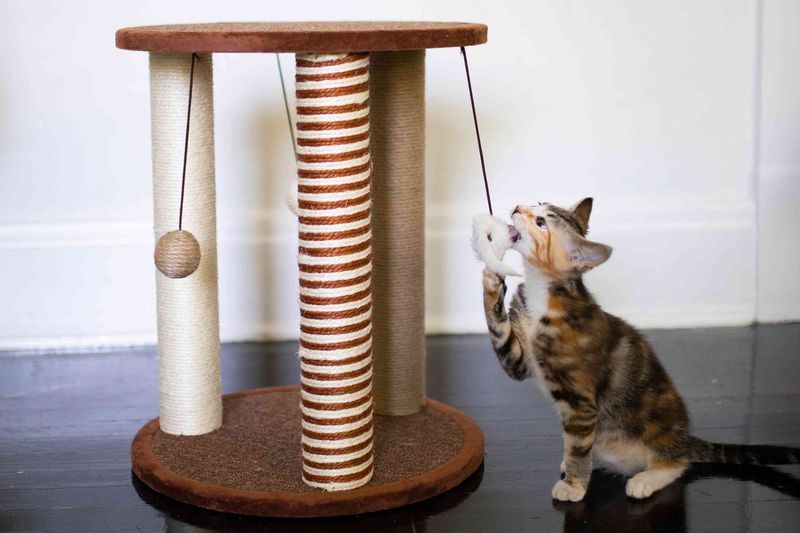
Mental stimulation is crucial for a kitten’s development. Boredom can lead to destructive behavior and stress.
Provide a variety of toys, scratching posts, and climbing structures to keep your kitten entertained. Introducing puzzle feeders can challenge their minds and encourage natural hunting instincts.
Rotate toys regularly to keep them fresh and exciting. Interactive play not only stimulates but strengthens your bond.
A well-stimulated kitten is a happy companion, less prone to behavioral issues. Ensure your home environment encourages exploration and curiosity.
Remember, a stimulated kitten is a content and well-adjusted one.
8. Assuming Cats Are Low Maintenance
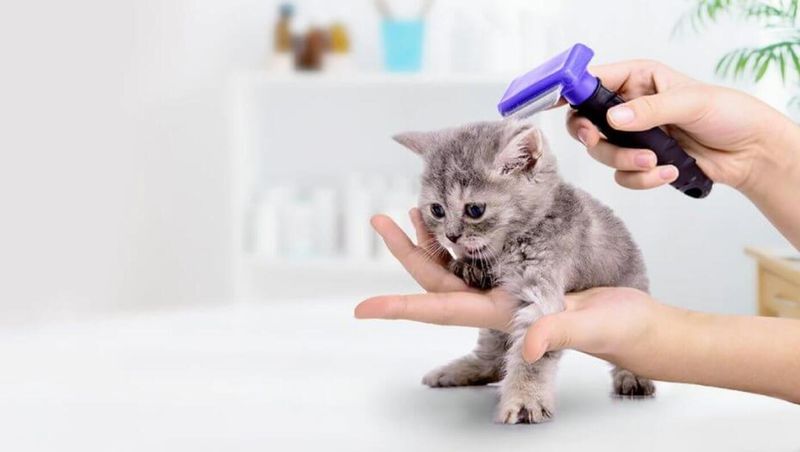
Contrary to popular belief, kittens require time, attention, and care. They aren’t low-maintenance pets. Daily feeding, litter box cleaning, and playtime are just the basics.
Regular grooming is needed to keep their coats healthy and reduce shedding. Establishing a routine helps manage these tasks effectively.
Kittens thrive on companionship, needing your presence and interaction. Ignoring these needs can lead to health or behavioral issues.
Being prepared for the commitment ensures a fulfilling relationship with your kitten. Remember, adopting a kitten is a long-term responsibility, not just a momentary whim.
9. Neglecting Dental Care
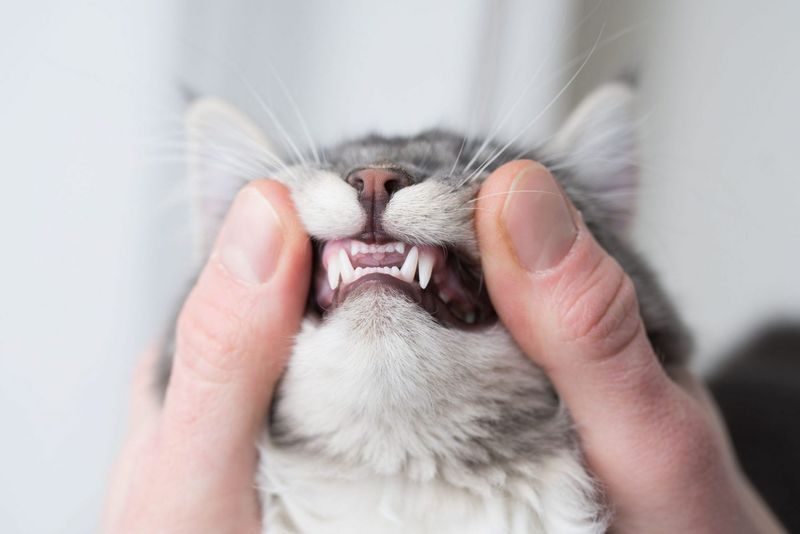
Dental care is often overlooked, but it is vital for a kitten’s health. Begin brushing their teeth early to prevent plaque buildup and dental disease.
Use a soft toothbrush and pet-safe toothpaste. Make this a positive experience by rewarding your kitten with treats.
Regular dental check-ups with your vet are also important. Chew toys designed for dental health can aid in keeping teeth clean.
Neglecting dental care can lead to serious health issues down the line. Establishing a routine ensures your kitten’s mouth stays healthy. A little effort now prevents bigger problems in the future.
10. Forgetting To Microchip
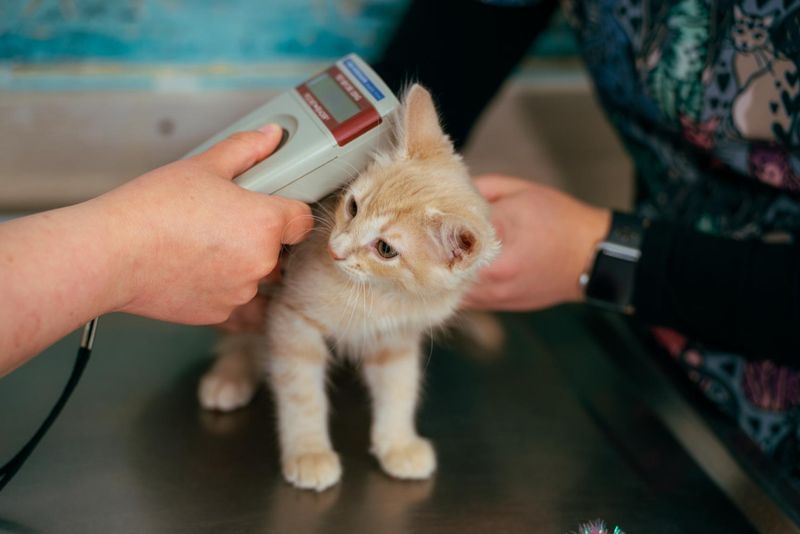
Microchipping is a reliable way to identify your kitten if they get lost. Collars and tags can fall off, but a microchip provides permanent identification.
The procedure is quick and relatively painless, performed by a veterinarian. Register the chip with your contact information and keep it updated. This ensures you’re reachable if your kitten is found.
It’s a small step that offers peace of mind, knowing your kitten can always find their way back home.
Remember, microchipping is an integral part of responsible pet ownership. Protect your kitten and provide them with a lifelong safety net.






